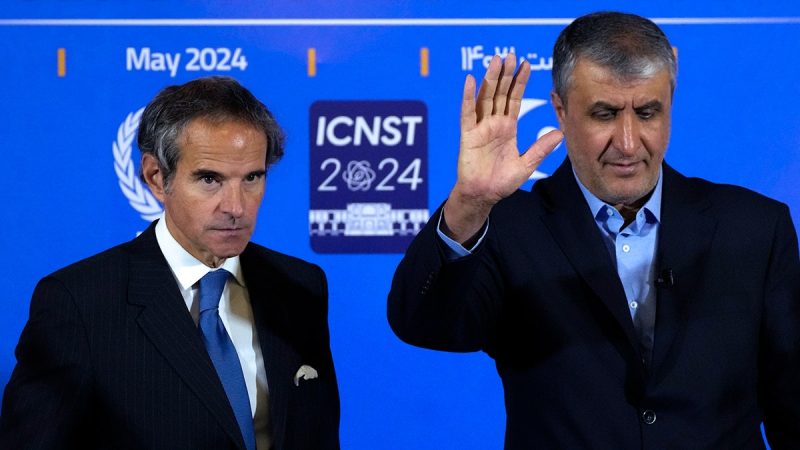Iran’s recent escalation of uranium enrichment to near weapons-grade levels has raised concerns globally and placed the country at the center of intense scrutiny by international watchdogs and the broader geopolitical community. The decision to push uranium enrichment to this threshold represents a significant challenge to the 2015 nuclear deal, formally known as the Joint Comprehensive Plan of Action (JCPOA).
The move by Iran to increase uranium enrichment comes amid growing frustration over the ongoing sanctions imposed by various countries, including the United States. These sanctions have taken a toll on Iran’s economy, leading to hardships for its citizens and creating a sense of urgency within the government to find a way out of the economic quagmire.
The International Atomic Energy Agency (IAEA) has been closely monitoring Iran’s nuclear activities and has expressed serious concerns regarding the recent escalation in uranium enrichment levels. The IAEA’s role in verifying compliance with international agreements is vital in ensuring transparency and preventing the proliferation of nuclear weapons.
Despite Iran’s insistence that its nuclear program is peaceful, the decision to enrich uranium to near weapons-grade levels has cast doubts on the country’s intentions. This move has triggered alarm bells within the international community and raised fears of a potential nuclear arms race in the already volatile region.
The escalation of tensions surrounding Iran’s nuclear ambitions underscores the delicate balance of power in the Middle East and the fragility of international agreements aimed at preventing the spread of nuclear weapons. The JCPOA, negotiated in 2015 with the aim of curbing Iran’s nuclear program in exchange for sanctions relief, now faces a critical juncture as Iran’s actions threaten to unravel the delicate diplomatic achievement.
The United States, along with its allies in Europe and the Middle East, has condemned Iran’s decision to increase uranium enrichment and called for a unified response to address the escalating crisis. With Iran seeking to have sanctions lifted while pushing the boundaries of the nuclear deal, the international community finds itself at a crossroads, grappling with how to navigate the complex web of regional tensions and global security concerns.
As Iran continues to defy international norms and push the limits of the JCPOA, the need for diplomatic engagement and multilateral cooperation has never been more pressing. The stakes are high, and the repercussions of a nuclear-armed Iran could be catastrophic for regional stability and global security.
In conclusion, Iran’s recent actions regarding uranium enrichment to near weapons-grade levels have triggered a global response and intensified concerns over the future of the nuclear deal and the broader implications for regional and international security. As the situation unfolds, diplomatic efforts and collective action will be crucial in averting a potential crisis and safeguarding the delicate balance of power in the Middle East.


































